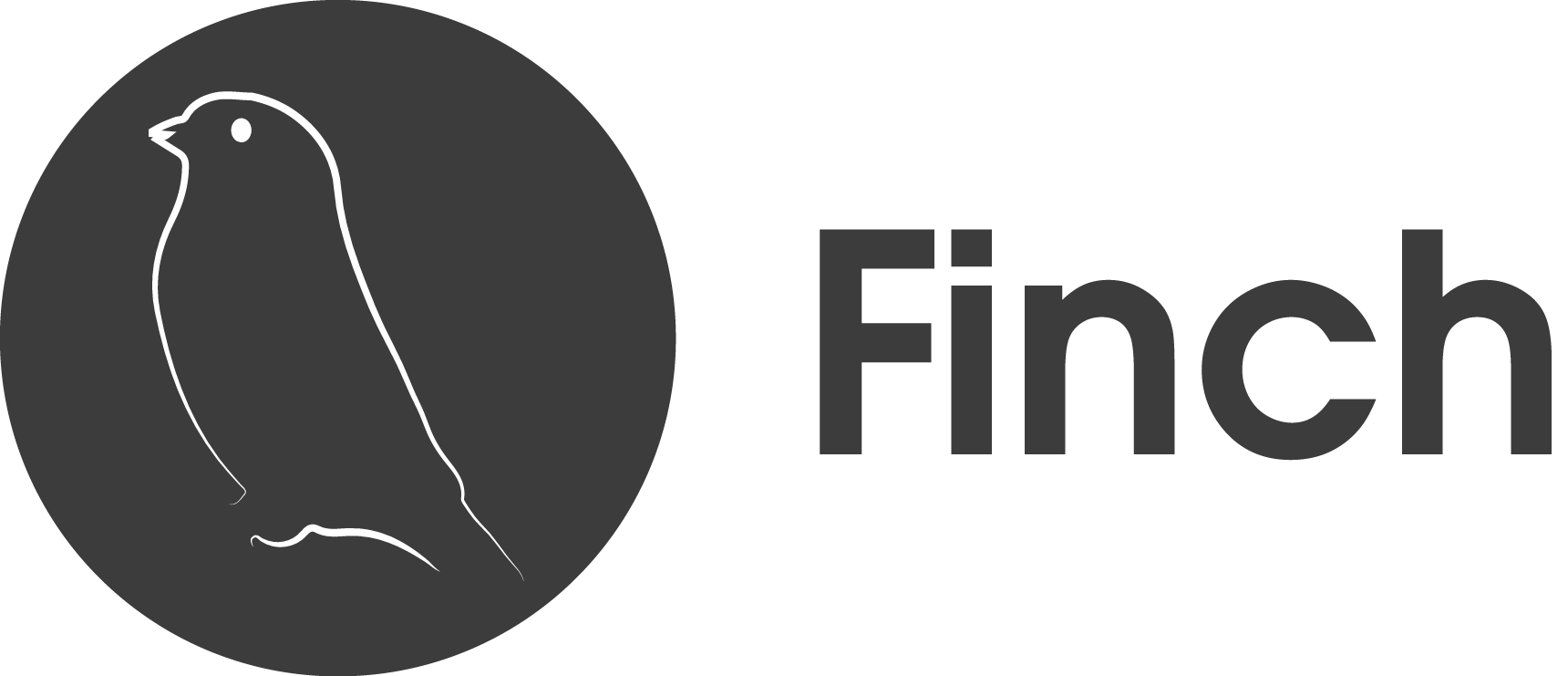
Security News
Deno 2.2 Improves Dependency Management and Expands Node.js Compatibility
Deno 2.2 enhances Node.js compatibility, improves dependency management, adds OpenTelemetry support, and expands linting and task automation for developers.
com.github.finagle:finch-benchmarks_2.10
Advanced tools

Finch is a thin layer of purely functional basic blocks atop of Finagle for building composable HTTP APIs. Its mission is to provide the developers simple and robust HTTP primitives being as close as possible to the bare metal Finagle API.
Finch uses multi-project structure and contains of the following modules:
finch-core - core classes/functionsfinch-generic - generic derivation for endpointsfinch-argonaut - Argonaut + Finchfinch-circe - Circe + Finchfinch-iteratee - Iteratee + Finchfinch-fs2 - FS2 + Finchfinch-refined - Refined + Finchfinch-test - the test support classes/functionsFinch's Github organization has even more modules (these are, however, not published regularly; reach out if you need published artifacts):
finch-jackson - Jackson + Finchfinch-json4s - JSON4s + Finchfinch-playjson - PlayJson + Finchfinch-sprayjson - SprayJson + Finchfinch-oauth2 - Finagle OAuth2 + FinchEvery Finch module is published at Maven Central. Use the following sbt snippet ...
libraryDependencies ++= Seq(
"com.github.finagle" %% "[finch-module]" % "[version]"
)
This "Hello World!" example is built with just finch-core:
import cats.effect.{IO, IOApp}
import io.finch._
object Main extends IOApp.Simple with Endpoint.Module[IO] {
override def run: IO[Unit] = {
val api: Endpoint[IO, String] = get("hello") { Ok("Hello, World!") }
Bootstrap[IO].serve[Text.Plain](api).listen(":8080").useForever
}
}
See examples sub-project for more complete examples.
Use finch.g8 template to quickly bootstrap a minimal Finch project:
sbt new finch/finch.g8cd helloworldsbt runcurl http://localhost:8081/helloWe use wrk to load test Finch+Circe against Finagle+Jackson to get some insight on how much overhead, an idiomatic Finch application written in a purely functional way, involves on top of Finagle/Jackson. The results are quite impressive (for a pre-1.0 version): Finch performs on 95% of Finagle's throughput.
Here is the first three runs of the benchmark on 2013 MB Pro (2.8 GHz Intel Core i7 w/ 16G RAM).
| Benchmark | Run 1 | Run 2 | Run 3 |
|---|---|---|---|
| Finagle + Jackson | 29014.68 req/s | 36783.21 req/s | 39924.42 req/s |
| Finch + Circe | 28762.84 req/s | 36876.30 req/s | 37447.52 req/s |
Finch is also load tested against a number of Scala HTTP frameworks and libraries as part of the TechEmpower benchmark. The most recent round showed that Finch performs really well there, scoring a second place across all the Scala libraries.
docs/ folderThere are plenty of ways to contribute into Finch:
The Finch project supports the Typelevel code of conduct and wants all of its channels (Gitter, GitHub, etc.) to be welcoming environments for everyone.
Finch is currently maintained by Vladimir Kostyukov, Travis Brown, Ryan Plessner, and Sergey Kolbasov. After the 1.0 release, all pull requests will require two sign-offs by a maintainer to be merged.
Licensed under the Apache License, Version 2.0 (the "License"); you may not use this software except in compliance with the License.
Unless required by applicable law or agreed to in writing, software distributed under the License is distributed on an "AS IS" BASIS, WITHOUT WARRANTIES OR CONDITIONS OF ANY KIND, either express or implied. See the License for the specific language governing permissions and limitations under the License.
FAQs
benchmarks
We found that com.github.finagle:finch-benchmarks_2.10 demonstrated a not healthy version release cadence and project activity because the last version was released a year ago. It has 0 open source maintainers collaborating on the project.
Did you know?

Socket for GitHub automatically highlights issues in each pull request and monitors the health of all your open source dependencies. Discover the contents of your packages and block harmful activity before you install or update your dependencies.

Security News
Deno 2.2 enhances Node.js compatibility, improves dependency management, adds OpenTelemetry support, and expands linting and task automation for developers.

Security News
React's CRA deprecation announcement sparked community criticism over framework recommendations, leading to quick updates acknowledging build tools like Vite as valid alternatives.

Security News
Ransomware payment rates hit an all-time low in 2024 as law enforcement crackdowns, stronger defenses, and shifting policies make attacks riskier and less profitable.